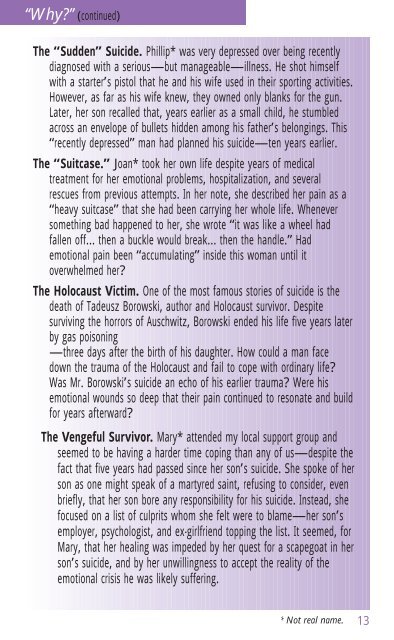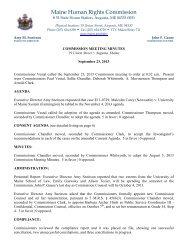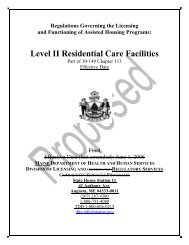SOS: A Handbook for Survivors of Suicide - American Association of ...
SOS: A Handbook for Survivors of Suicide - American Association of ...
SOS: A Handbook for Survivors of Suicide - American Association of ...
You also want an ePaper? Increase the reach of your titles
YUMPU automatically turns print PDFs into web optimized ePapers that Google loves.
“Why?” (continued)<br />
The “Sudden” <strong>Suicide</strong>. Phillip* was very depressed over being recently<br />
diagnosed with a serious—but manageable—illness. He shot himself<br />
with a starter’s pistol that he and his wife used in their sporting activities.<br />
However, as far as his wife knew, they owned only blanks <strong>for</strong> the gun.<br />
Later, her son recalled that, years earlier as a small child, he stumbled<br />
across an envelope <strong>of</strong> bullets hidden among his father’s belongings. This<br />
“recently depressed” man had planned his suicide—ten years earlier.<br />
The “Suitcase.” Joan* took her own life despite years <strong>of</strong> medical<br />
treatment <strong>for</strong> her emotional problems, hospitalization, and several<br />
rescues from previous attempts. In her note, she described her pain as a<br />
“heavy suitcase” that she had been carrying her whole life. Whenever<br />
something bad happened to her, she wrote “it was like a wheel had<br />
fallen <strong>of</strong>f... then a buckle would break... then the handle.” Had<br />
emotional pain been “accumulating” inside this woman until it<br />
overwhelmed her?<br />
The Holocaust Victim. One <strong>of</strong> the most famous stories <strong>of</strong> suicide is the<br />
death <strong>of</strong> Tadeusz Borowski, author and Holocaust survivor. Despite<br />
surviving the horrors <strong>of</strong> Auschwitz, Borowski ended his life five years later<br />
by gas poisoning<br />
—three days after the birth <strong>of</strong> his daughter. How could a man face<br />
down the trauma <strong>of</strong> the Holocaust and fail to cope with ordinary life?<br />
Was Mr. Borowski’s suicide an echo <strong>of</strong> his earlier trauma? Were his<br />
emotional wounds so deep that their pain continued to resonate and build<br />
<strong>for</strong> years afterward?<br />
The Vengeful Survivor. Mary* attended my local support group and<br />
seemed to be having a harder time coping than any <strong>of</strong> us—despite the<br />
fact that five years had passed since her son’s suicide. She spoke <strong>of</strong> her<br />
son as one might speak <strong>of</strong> a martyred saint, refusing to consider, even<br />
briefly, that her son bore any responsibility <strong>for</strong> his suicide. Instead, she<br />
focused on a list <strong>of</strong> culprits whom she felt were to blame—her son’s<br />
employer, psychologist, and ex-girlfriend topping the list. It seemed, <strong>for</strong><br />
Mary, that her healing was impeded by her quest <strong>for</strong> a scapegoat in her<br />
son’s suicide, and by her unwillingness to accept the reality <strong>of</strong> the<br />
emotional crisis he was likely suffering.<br />
* Not real name.<br />
13

















